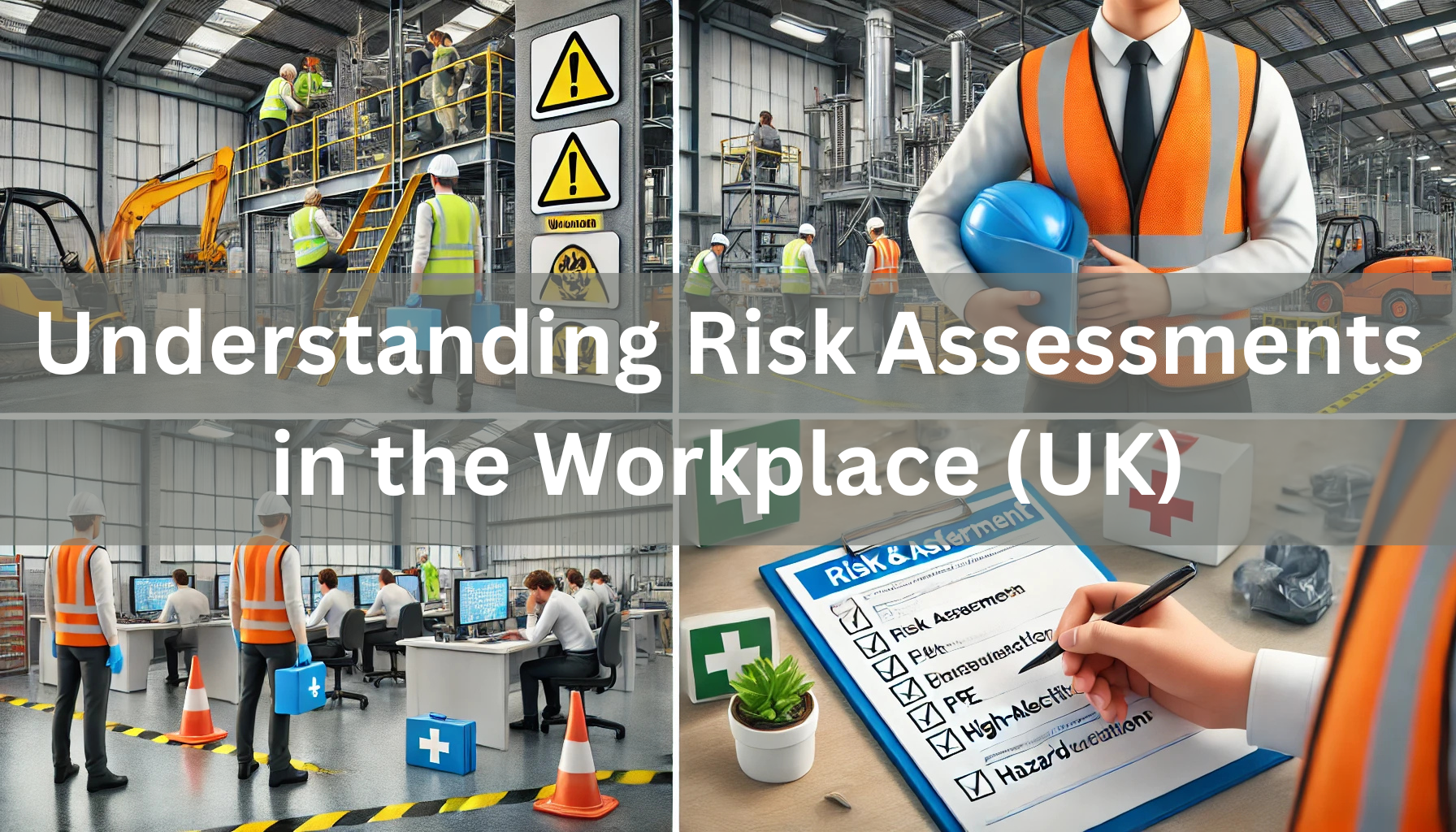What is a Risk Assessment?
A risk assessment is a systematic process that helps identify potential hazards in the workplace, evaluate the level of risk they pose, and outline the necessary measures to mitigate or eliminate them. This process is crucial for creating a safer working environment by addressing both physical and operational risks that might endanger employees, contractors, or visitors.
A risk assessment typically involves:
- Identifying hazards – Anything that could potentially cause harm.
- Evaluating risks – Assessing the likelihood of harm occurring and its severity.
- Controlling risks – Implementing strategies to manage or eliminate risks.
- Reviewing controls – Regularly checking the effectiveness of safety measures and updating them if necessary.
Who Needs Risk Assessments?
In the UK, all employers are legally required under the Health and Safety at Work Act 1974 to carry out risk assessments. This applies to businesses of all sizes, including offices, construction sites, manufacturing plants, and even small retail shops. Whether you're an employer with a large workforce or a sole trader, if there is any risk to safety in your workplace, a risk assessment must be carried out.
Why Are Risk Assessments Important?
Legal Compliance – Risk assessments ensure that you meet your legal obligations to protect your employees' health and safety. Failing to comply can result in legal action, fines, or even the closure of your business.
Preventing Injuries and Illness – By identifying and addressing risks early on, employers can prevent accidents, injuries, and work-related illnesses. This not only protects workers but also reduces the likelihood of costly downtime.
Creating a Safe Workplace Culture – A well-conducted risk assessment fosters a culture of safety. It demonstrates that the employer values the well-being of employees, which can lead to better staff morale and productivity.
Cost Reduction – Accidents and injuries can lead to significant financial costs, including lost productivity, compensation claims, and potential legal fees. Effective risk assessments help mitigate these risks, saving businesses money in the long run.
Conclusion
In summary, risk assessments are not just a legal requirement; they are essential for maintaining a safe, healthy, and productive workplace. Whether you are a business owner or an employee, understanding the importance of risk assessments can ensure that hazards are properly managed, preventing accidents and keeping the workforce safe.

